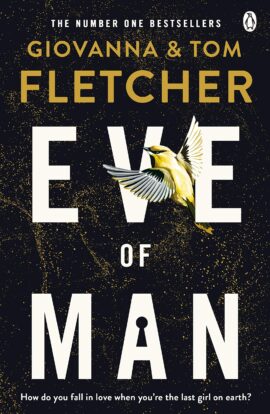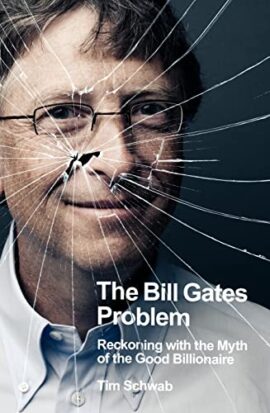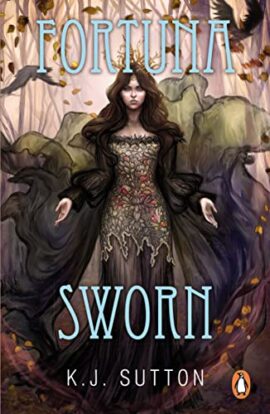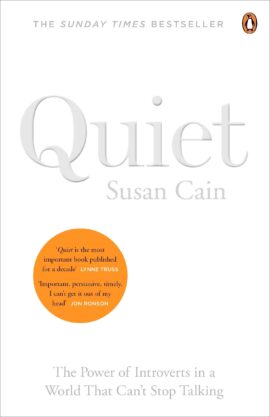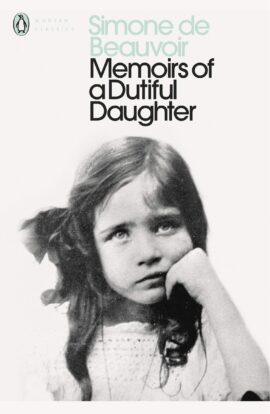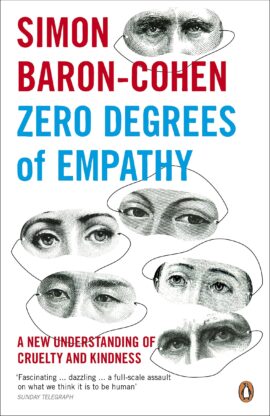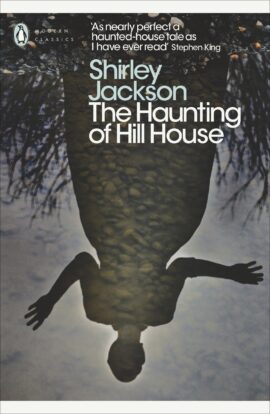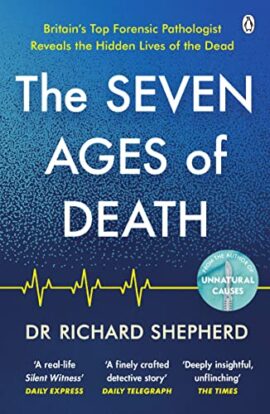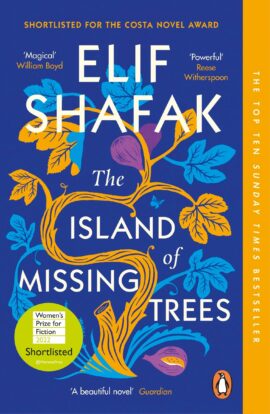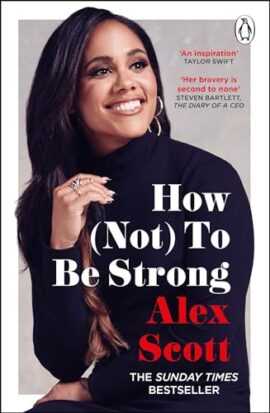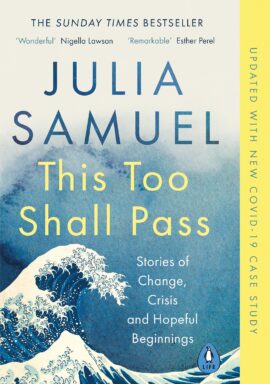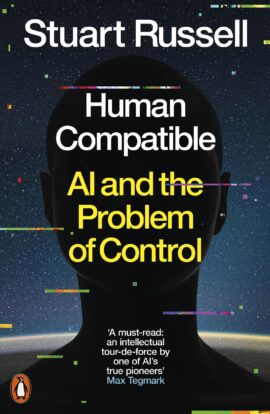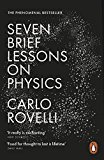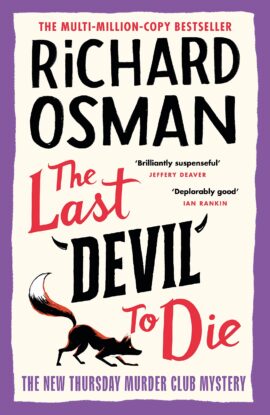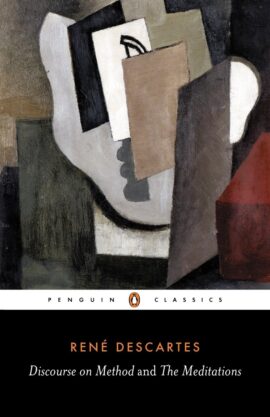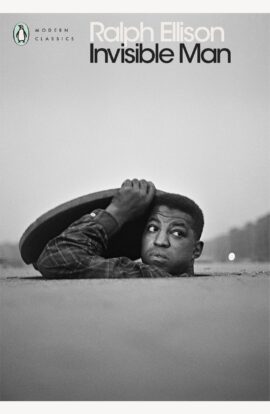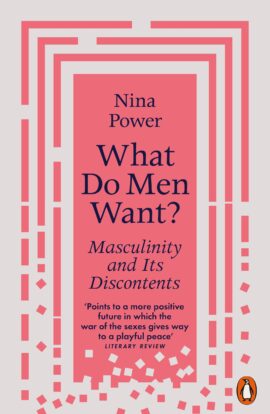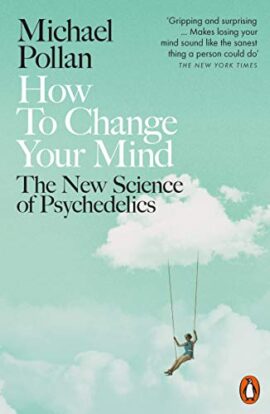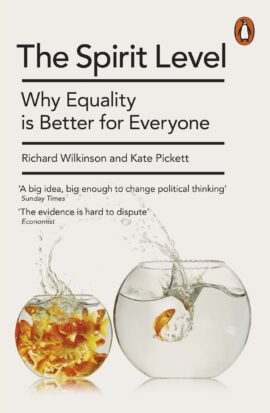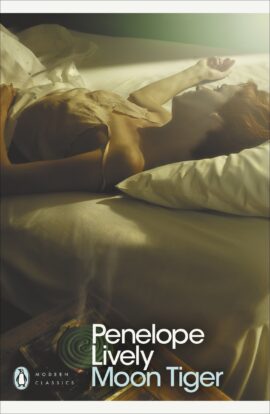Affichage de 26–50 sur 287 résultatsTrié par popularité
Beethoven: A Life in Nine Pieces
**WINNER of Presto Books' Best Composer Biography**NINE WORKS OF BEETHOVEN, NINE WINDOWS INTO THE LIFE AND LEGACY OF A MUSICAL GENIUS.'We are doubly blessed that Beethoven should have led such an extraordinary life. Laura has combined the two - the genius of his music and the richness of his experiences - to shine a revealing light on our greatest composer' John Humphrys_________________________Ludwig van Beethoven: to some, simply the greatest ever composer of Western classical music. Yet his life remains shrouded in myths.In Beethoven, Oxford professor Laura Tunbridge cuts through the noise. With each chapter focusing on a period of his life, piece of music and revealing theme - from family to friends, from heroism to liberty - she provides a rich insight into the man and the music.Revealing a wealth of never-before-seen material, this tour de force is a compelling, accessible portrayal of one of the world's most creative minds and it will transform how you listen for ever._________________________'Tunbridge has come up with the seemingly impossible: a new way of approaching Beethoven's life and music . . . profoundly original and hugely readable' John Suchet, author Beethoven: The Man Revealed'This well researched and accessible book is a must read for all who seek to know more about the flesh and blood tangible Beethoven.' John Clubbe, author of Beethoven: The Relentless Revolutionary'This book is really wonderful! ... However many books on Beethoven you own, find the space for one more. This one' Stephen Hough, pianist, composer, writer'In a year when everyone's looking for a new take on Beethoven, Laura Tunbridge has found nine. Fresh and engaging' Norman Lebrecht, author of Genius and Anxiety'Remarkable . . . she captures the essence of his genius and character. I'll always want to keep it in easy reach' Julia Boyd, author of Travellers in the third Reich
The Drift
Survival is murder . . .An overturned coach full of students. All of them are trapped.An isolated chalet full of friends. Soon they'll be enemies.A stranded cable car full of strangers. One of them is dead.Outside, a snowstorm rages.Inside each group, a killer lurks.But that's not their only problem.Why is no rescue coming? What are they trying to escape from? And who are the terrifying Whistlers?
Eve of Man (Eve of Man Trilogy)
Eve is 16 and special. She lives alone in the Tower under the strict gaze of the Mothers, because she is the last girl on Earth. Now it's time for Eve to face her destiny. Three males have been selected and the future of humanity lies in her hands. She's always accepted her fate. Until she meets Bram. Eve wants control over her life. She wants freedom. But can you choose between love and the future of the human race?
Quiet: The Power of Introverts in a World That Can’t Stop Talking
Modern Classics Memoirs of a Dutiful Daughter (Penguin Modern Classics)
A superb autobiography by one of the great literary figures of the twentieth century, Memoirs of a Dutiful Daughter offers an intimate picture of growing up in a bourgeois French family, rebelling as an adolescent against the conventional expectations of her class, and striking out on her own with an intellectual and existential ambition exceedingly rare in a young woman in the 1920s. Simone de Beavoir describes her early life, from her birth in Paris in 1908 to her student days at the Sorbonne, where she met Jean-Paul sartre - 'the dream-companion I had longed for since I was fifteen'.
Zero Degrees of Empathy
In Zero Degrees of Empathy: A New Theory of Human Cruelty and Kindness Simon Baron-Cohen takes fascinating and challenging new look at what exactly makes our behaviour uniquely human.How can we ever explain human cruelty?We have always struggled to understand why some people behave in the most evil way imaginable, while others are completely self-sacrificing. Is it possible that - rather than thinking in terms of 'good' and 'evil' - all of us instead lie somewhere on the empathy spectrum, and our position on that spectrum can be affected by both genes and our environments?Why do some people treat others as objects? Why is empathy our most precious resource? And does a lack of it always mean a negative outcome?From the Nazi concentration camps of World War Two to the playgrounds of today, Simon Baron-Cohen examines empathy, cruelty and understanding in a groundbreaking study of what it means to be human.'Fascinating ... dazzling ... a full-scale assault on what we think it is to be human'Sunday Telegraph'Highly readable ... this is a valuable book'Charlotte Moore, Spectator'Important ... humane and immensely sympathetic'Richard Holloway, Literary ReviewSimon Baron-Cohen is Professor at Cambridge University in the fields of psychology and psychiatry. He is also the Director of the Autism Research Centre there. He has carried out research into social neuroscience over a 20 year career. His popular science book entitled The Essential Difference has been translated in over a dozen languages, and has been widely reviewed.
Maigret’s Revolver
When Maigret's prized gun goes missing, he must travel to London on the trail of a troubled young man on the run. Maigret's Revolver is a wonderful picture of both London and Paris and one of Simenon's most ingenious and satisfying stories.'One of the greatest writers of the twentieth century . . . Simenon was unequalled at making us look inside, though the ability was masked by his brilliance at absorbing us obsessively in his stories' Guardian'A supreme writer . . . unforgettable vividness' Independent
The Haunting of Hill House
Four seekers have arrived at the rambling old pile known as Hill House: Dr. Montague, an occult scholar looking for solid evidence of psychic phenomena: Theodora, his lovely and lighthearted assistant: Luke, the adventurous future inheritor of the estate: and Eleanor, a friendless, fragile young woman with a dark past. As they begin to cope with chilling, even horrifying occurrences beyond their control or understanding, they cannot possibly know what lies ahead. For Hill House is gathering its powers - and soon it will choose one of them to make its own.
The Seven Ages of Death
A top forensic pathologist brings unparalleled honesty and insight to a new book about life and deathThrough 24 intriguing, never-before-told cases, Britain's top forensic pathologist Dr. Richard Shepherd takes us on a journey through life in death.From old to young, murder to misadventure, and from illness to accidental death, each body can reveal something: about human development, about mortality, about its owner's life story, and even about Shepherd himself.From the author of Unnatural Causes comes a powerful, moving and above all reassuring book uncovering the secrets of death - how to understand it, postpone it, and, when our time comes (as it must), how to embrace it as the last great adventure.
The Island of Missing Trees
Two teenagers, a Greek Cypriot and a Turkish Cypriot, meet at a taverna on the island they both call home. The taverna is the only place that Kostas and Defne can meet in secret, hidden beneath the blackened beams from which hang garlands of garlic and chilli peppers, creeping honeysuckle, and in the centre, growing through a cavity in the roof, a fig tree. The fig tree witnesses their hushed, happy meetings: their silent, surreptitious departures. The fig tree is there, too, when war breaks out, when the capital is reduced to ashes and rubble, when the teenagers vanish. Decades later, Kostas returns - a botanist, looking for native species - looking, really, for Defne. The two lovers return to the taverna to take a clipping from the fig tree and smuggle it into their suitcase, bound for London. Years later, the fig tree in the garden is their daughter Ada's only knowledge of a home she has never visited, as she seeks to untangle years of secrets and silence, and find her place in the world.The Island of Missing Trees is a rich, magical tale of belonging and identity, love and trauma, nature and renewal.
How (Not) To Be Strong
From the football cages of East London to broadcasting to millions, the engine powering Alex Scott's remarkable journey has always been her resilience. But thanks to a 'push-through mentality' the world has only ever seen the 'strong' side of Alex. Now, she is ready to lower the shield. In her candid memoir How (Not) to Be Strong, Alex shares the lessons that have shaped her, from finally confronting the legacy of a tumultuous childhood to tarnished truth behind the gleaming football trophies. With raw honesty, Alex shows how she's tackled life's challenges and that sometimes the strongest thing you can do is show your most vulnerable side to the world.
This Too Shall Pass: Stories of Change, Crisis and Hopeful Beginnings
One of the most valuable books I've ever read' Adwoa Aboah______________________________________________________________________________________If change is the natural order of things, why do we struggle with the huge milestones in our lives?At a time when even the most certain things feel disrupted, acclaimed psychotherapist Julia Samuel provides an antidote to the chaos we are all feeling. In this Sunday Times bestseller, Julia draws on hours of conversations with her patients to show how we can learn to adapt and even thrive during our most difficult and transformative experiences.From a new mother struggling with the decision to return to work, to a father handling a serious medical diagnosis, from a woman deciding whether to leave her husband for a younger lover, to a man struggling to repair his marriage after the trauma of suffering with COVID-19 in the ICU, this book unflinchingly deals with the hard times in family, love, work, health and identity.Illuminated by the latest social and psychological research, these 19 powerful, unforgettable and deeply intimate stories about everyday people will inform our understanding of our own unique response to change and improve the way we approach challenges at every stage of life.______________________________________________________________________________________'Examines the power that comes from dealing effectively with change' Elizabeth Day
Human Compatible
Creating superior intelligence would be the biggest event in human history. Unfortunately, according to the world's pre-eminent AI expert, it could also be the last.In this groundbreaking book, Stuart Russell explains why he has come to consider his own discipline an existential threat to his own species, and lays out how we can change course before it's too late. There is no one better placed to assess the promise and perils of the dominant technology of the future than Russell, who has spent decades at the forefront of AI research. Through brilliant analogies and crisp, lucid prose, he explains how AI actually works, how it has an enormous capacity to improve our lives - but why we must ensure that we never lose control of machines more powerful than we are. Here Russell shows how we can avert the worst threats by reshaping the foundations of AI to guarantee that machines pursue our objectives, not theirs.Profound, urgent and visionary, Human Compatible is the one book everyone needs to read to understand a future that is coming sooner than we think.
Carlo Rovelli Collection 3 Books Set (Reality Is Not What It Seems, The Order of Time, Seven Brief Lessons on Physics)
Brand New, Perfect Condition, allow 3-9 business days for standard shipping. To Alaska, Hawaii, U.S. protectorate, P.O. Box, and APO/FPO addresses allow 6-20 business days for Standard shipping. No expedited shipping. Over 3, 000, 000 happy customers. 100% Customer satisfaction guaranteed! Please feel free to contact us for any queries.
The Last Devil To Die
Shocking news reaches the Thursday Murder Club.An old friend in the antiques business has been killed, and a dangerous package he was protecting has gone missing.As the gang springs into action they encounter art forgers, online fraudsters and drug dealers, as well as heartache close to home.With the body count rising, the package still missing and trouble firmly on their tail, has their luck finally run out? And who will be the last devil to die?
Discourse on Method and the Meditations
René Descartes was a central figure in the scientific revolution of the seventeenth century. In his Discourse on Method he outlined the contrast between mathematics and experimental sciences, and the extent to which each one can achieve certainty. Drawing on his own work in geometry, optics, astronomy and physiology, Descartes developed the hypothetical method that characterizes modern science, and this soon came to replace the traditional techniques derived from Aristotle. Many of Descartes' most radical ideas - such as the disparity between our perceptions and the realities that cause them - have been highly influential in the development of modern philosophy.
Invisible Man
Ellison's blistering and impassioned first novel, winner of the prestigious American National Book Award, tells the extraordinary story of a man who is invisible 'simply because people refuse to see me'. Yet his powerfully depicted adventures - from a terrifying Harlem race riot to his expulsion from a Southern college - go far beyond the story of one man. The lives of countless millions are evoked in this superb portrait of a generation of black Americans.
What Do Men Want?: Masculinity and Its Discontents
Something is definitely up with men. From millions online who engage with the manosphere to the #metoo backlash, from Men's Rights activists and incels to spiralling suicide rates, it's easy to see that, while men still rule the world, masculinity is in crisis.How can men and women live together in a world where capitalism and consumerism has replaced the values - family, religion, service and honour - that used to give our lives meaning? Feminism has gone some way towards dismantling the patriarchy, but how can we hold on to the best aspects of our metaphorical Father?With illuminating writing from an original, big-picture perspective, Nina Power unlocks the secrets hidden in our culture to enable men and women to practise playfulness and forgiveness, and reach a true mutual understanding and a lifetime of love.
How To Change Your Mind: The New Science Of Psychedelics
The No.1 New York Times Bestseller'Gripping and surprising ... Pollan makes losing your mind sound like the sanest thing a person could do' The New York Times Book ReviewCould psychedelic drugs change our worldview? Join Michael Pollan on a journey to the frontiers of the human mind.Diving deep into an extraordinary world - from shamans and magic mushroom hunts to the pioneering labs mapping our brains - and putting himself forward as a guinea-pig, Michael Pollan has written a remarkable history of psychedelics and a compelling portrait of the new generation of scientists fascinated by the implications of these drugs. How to Change Your Mind is a report from what could very well be the future of consciousness.'A sweeping and often thrilling chronicle of the history of psychedelics, all interwoven with Pollan's adventures as a psychedelic novice. This is a serious work of history and science, but also one in which the author, under the influence of toad venom, becomes convinced he's giving birth to himself' Oliver Burkeman, Guardian'A mind-altering book ... full of transformations' Richard Godwin, Evening Standard'An irresistible blend of history, research and personal experience. In terms of the psychedelic wave, the book is the big kahuna, the Big Bang moment for a movement that is gathering force' John McKenna, Irish Times'Entertaining and engrossing' Paul Laity, Financial Times'Deeply absorbing, wise and beautifully written' Mick Brown, Literary Review'An astounding book' Andrew Sullivan, New York Magazine
The Spirit Level New Edition: Why Equality Is Better For Everyone
Richard Wilkinson and Kate Pickett's The Spirit Level: Why Equality is Better for Everyone is the most influential and talked-about book on society in the last decade - now updated with a new chapter on the controversy the book has ignited. Why do we mistrust people more in the UK than in Japan? Why do Americans have higher rates of teenage pregnancy than the French? What makes the Swedish thinner than the Australians? The answer: inequality. This groundbreaking book, based on years of research, provides hard evidence to show: How almost everything - from life expectancy to mental illness, violence to illiteracy - is affected not by how wealthy a society is, but how equal it is That societies with a bigger gap between rich and poor are bad for everyone in them - including the well-off How we can find positive solutions and move towards a happier, fairer future U rgent, provocative and genuinely uplifting, The Spirit Level has been heralded as providing a new way of thinking about ourselves and our communities, and could change the way you see the world. 'A big idea, big enough to change political thinking'Guardian 'A remarkable new book ... the implications are profound'Will Hutton, Observer 'The evidence is hard to dispute'Economist Richard Wilkinson studied economic history at the London School of Economics before training in epidemiology and is Professor Emeritus at the University of Nottingham Medical School and Honorary Professor at University College London. Kate Pickett is a Professor of Epidemiology at the University of York and a National Institute for Health Research Career Scientist. Her work with Richard Wilkinson on The Spirit Level was shortlisted for Research Project of the Year 2009 by the Times Higher Education Supplement, and their book was chosen as one of the Top Ten Books of the Decade by the New Statesman.
Modern Classics Moon Tiger (Penguin Modern Classics)
Winner of the Booker Prize, Penelope Lively's Moon Tiger is the tale of a historian confronting her own, personal history, unearthing the passions and pains that have defined her life. This Penguin Modern Classics edition includes an introduction by Anthony Thwaite. Claudia Hampton, a beautiful, famous writer, lies dying in hospital. But, as the nurses tend to her with quiet condescension, she is plotting her greatest work: 'a history of the world ... and in the process, my own'. Gradually she re-creates the rich mosaic of her life and times, conjuring up those she has known. There is Gordon, her adored brother: Jasper, the charming, untrustworthy lover and father of Lisa, her cool, conventional daughter: and Tom, her one great love, both found and lost in wartime Egypt. Penelope Lively's Booker Prize-winning novel weaves an exquisite mesh of memories, flashbacks and shifting voices, in a haunting story of loss and desire. Penelope Lively (b. 1933) was born in Cairo. She has twice been shortlisted for the Booker Prize: once in 1977 for her first novel, The Road to Lichfield, and again in 1984 for According to Mark. She later won the 1987 Booker Prize for her highly acclaimed novel Moon Tiger. Her novels include Passing On, City of the Mind, Cleopatra's Sister and Heat Wave, and many are published by Penguin. If you enjoyed Moon Tiger, you might like L.P. Hartley's The Go-Between, also available in Penguin Modern Classics. 'It's a fine, intelligent piece of work, the kind that Leaves its traces in the air long after you've put it away' Anne Tyler 'Funny, thoughtful ... a perfect example of the Lively art' Mark Lawson, Independent
The Bee Sting
From the author of Skippy Dies comes a dazzlingly intricate and poignant tragicomedy about family, fortune, and the struggle to be a good man at the end of the world.The Barnes family is in trouble. Dickie's car business is going under, but instead of doing anything about it, he's out in the woods preparing for the actual end of the world. Meanwhile his wife Imelda is selling off her jewellery on eBay and half-heartedly dodging the attentions of fast-talking local wrongun Big Mike. Their teenage daughter Cass, usually top of her class, seems determined to drink her way through the whole thing. And twelve year old PJ is spending more and more time on video game forums, where he's met a friendly boy named Ethan who never turns his camera on and wants PJ to run away from home.Digging down through layers of family history, the roots of this crisis stretch deep into the past. Meanwhile in the present, the fault lines keep spreading, ghosts slipping in through the cracks, and every step brings the Barneses closer to a fatal precipice. When the moment of reckoning finally arrives, all four of them must decide how far they're willing to go to save the family, and whether - if the story's already been written - there's still time to give it a happy ending...


